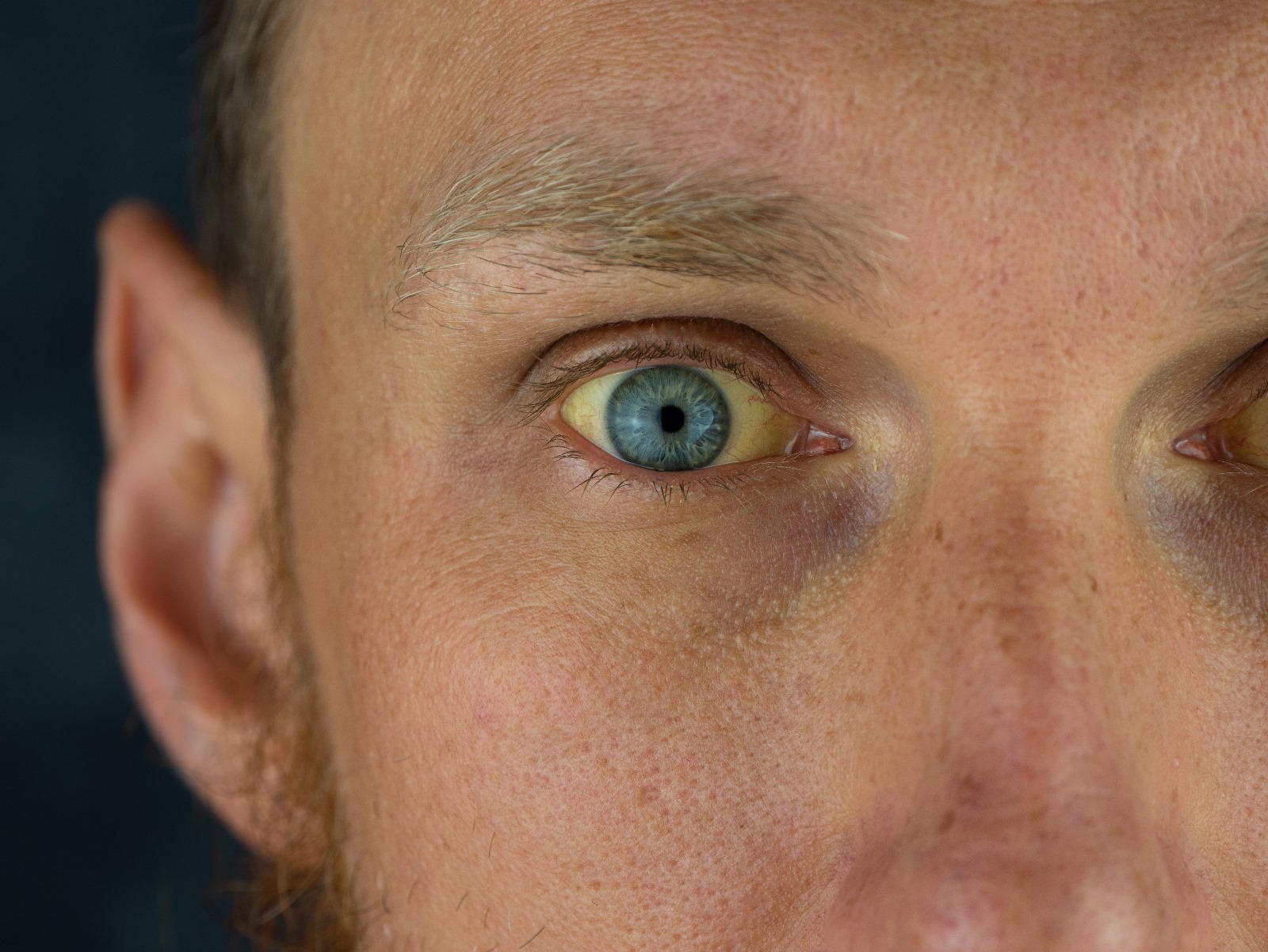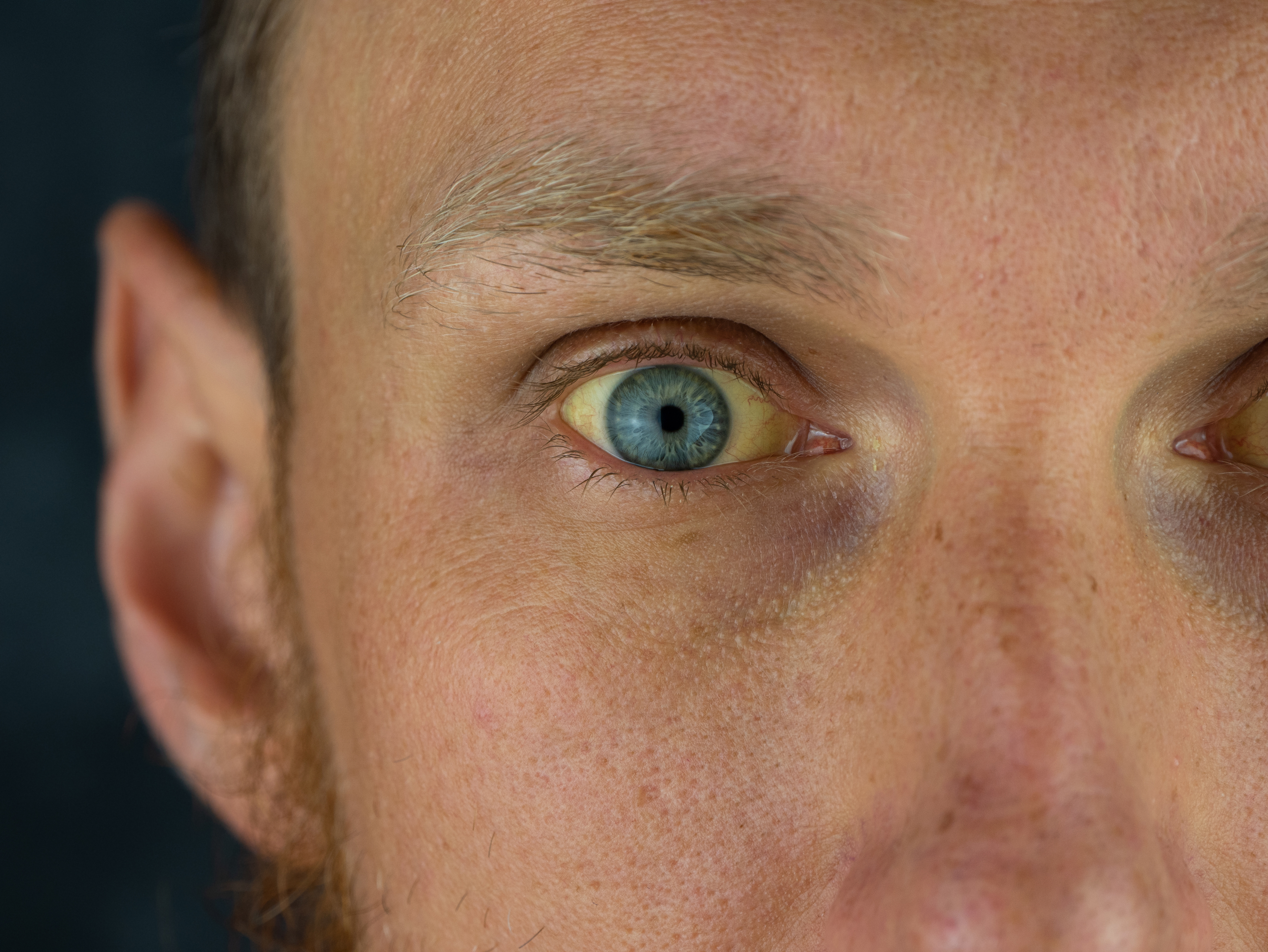Jaundice

Headaches are a common ailment that can significantly impact our daily lives. In this article, we'll delve into the various aspects of headaches, from daily headaches lasting a week, to chronic issues, natural remedies and professional interventions. We will also provide insights into types, causes, and red flags that demand urgent attention.
While most headaches are benign and can be managed with lifestyle changes or over-the-counter remedies, it's essential to recognize the types, understand their causes, and know when to seek immediate medical attention.
Headaches manifest in diverse ways, and understanding their types is crucial for effective management. Each type of headache has unique characteristics, such as location, duration, and associated symptoms. Understanding these properties helps in accurate diagnosis and management.
- Tension Headaches: Characterized by a band-like pressure around the head, often associated with stress.
- Migraines: Throbbing pain on one side, sometimes preceded by visual disturbances or auras.
- Cluster Headaches: Intense pain on one side of the face, occurring in clusters.
- Medication Overuse Headaches: Resulting from frequent use of painkillers, leading to worsening of headaches.

Now, let's explore why headaches happen. It's not just about one thing; it's a mix of factors. We'll look into well-known causes like using painkillers too much or having a stressful lifestyle.
Here, we will uncover some less talked about reasons, such as not fixing vision problems, issues with jaw joints, and inflammation in blood vessels. This part is like peeling back the layers to understand what's really behind those headaches. In the table below you can find the most common causes of headaches.
If you need more information, or you want to learn more about these different causes, you can always contact one of our MIA doctors for advice in dealing with and preventing those head-pounders.
- Lifestyle Factors: Poor sleep, caffeine consumption, and high stress levels contribute to headaches.
- Medical Conditions: Migraines, tension headaches, and cluster headaches can stem from various underlying health issues.
- Medication Overuse: Excessive use of painkillers can paradoxically lead to more headaches.
- Blood Vessel Inflammation: Inflammation of blood vessels on the side of the head can cause headaches.
- Jaw Joint Problems: Issues with the jaw joints may lead to tension headaches.
- Visual Disturbances: Uncorrected vision can contribute to headaches.
- Eat healthy, sleep well and keep exercising.
- Try to reduce your chronic stress levels by meditating, taking a day off or spend time with your beloved ones.
- Don't use too many painkillers, limit your daily caffeine intake.
- Limit your alcohol use or recreational drug intake
- Consider trying natural remedies such as cold or warm compress, staying hydrated, or practicing relaxation techniques like deep breathing.

Recognizing urgent symptoms is crucial in managing headaches effectively. If you encounter an exceptionally intense headache or experience neurological symptoms like sudden weakness or visual disturbances, these are warning signs demanding immediate attention.
It's essential to stress the significance of seeking prompt medical help if fever and nausea accompany a severe headache or if there's recent head trauma within the past 6 weeks. Understanding the types and causes of headaches empowers individuals to take control of their health. While lifestyle changes and home remedies can alleviate many headaches, it's crucial to recognize when professional medical attention is necessary. If you're dealing with persistent or severe headaches, consulting with a healthcare professional is key to effective management and an improved quality of life.
- Severe pain: If you notice an intense headache, unlike any you have felt before.
- A stiff neck: If your neck hurts or feels stiff when you try to bend it. Try to bend, and notice if your chin touches your chest without pain or limitation
- Skin Abnormalities: If you notice small red spots on the skin which do not fade when you press on them.
- Persistent Vomiting: If you're throwing up a lot and it's not stopping, especially if you have a headache.
- Fever and General Illness: If you have a fever and feel very sick, mostly without cold-like symptoms.
- Neurological Symptoms: If you suddenly experience problems like paralysis, crooked mouth, difficulty speaking, double vision, or poor vision.
- Drowsiness: If you feel excessively sleepy or drwosy.
- Pregnancy or Recent Birth: If you're pregnant or have recently given birth.
- Recent Head Trauma: If you've had a head injury in the past 6 weeks.